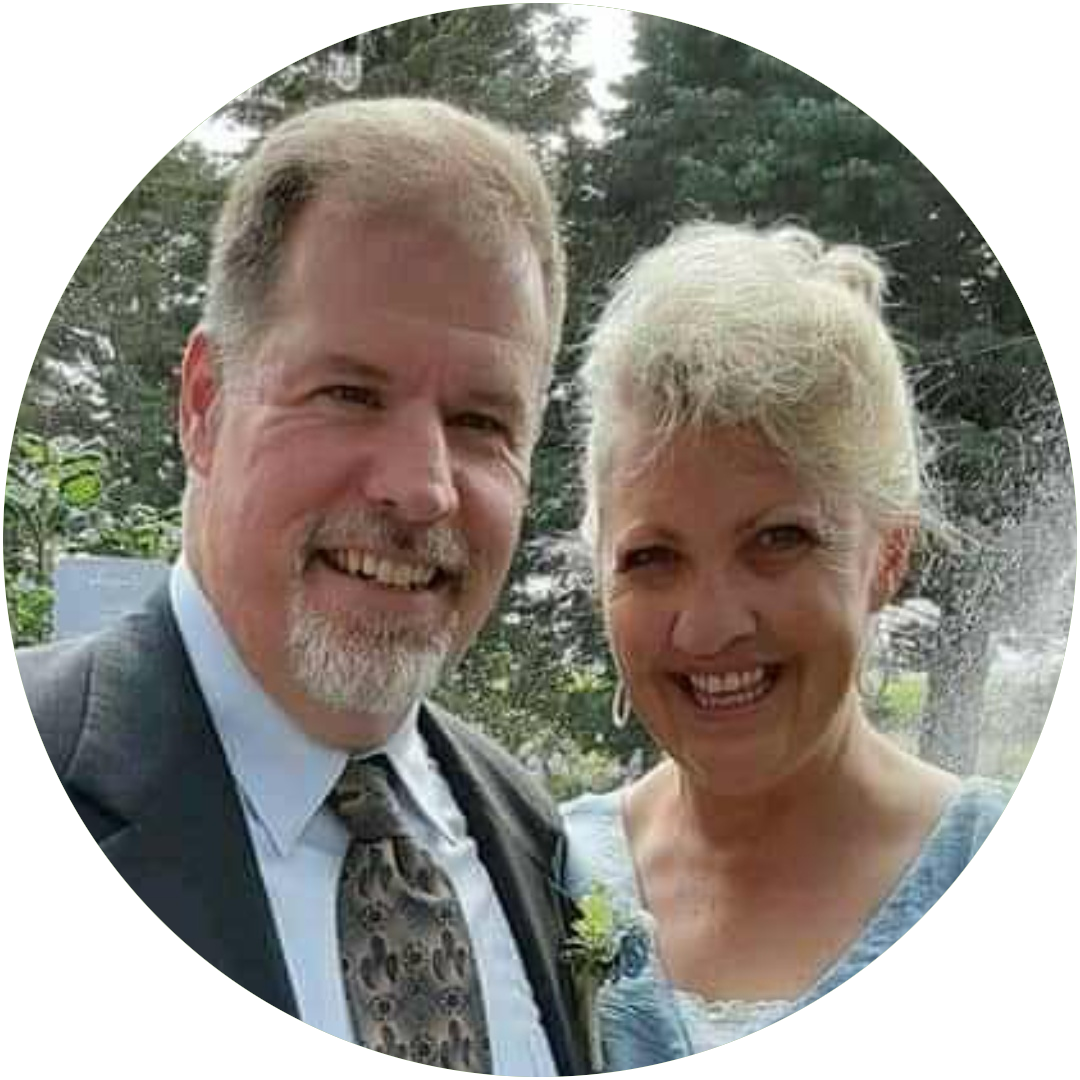
October 25, 2024
Passage Read: 1 Thessalonians 3-4
Meditation Verses: 4:9-12
Thought
It sounds like Paul is saying that a next step up in their love for the brethren is to lead a quiet life, minding their own business and working with their hands, so that they would behave correctly towards outsiders and not be in any need. He commends them for their love of the brethren, that they are taught by God to love one another, so it's not like they have a problem in this area. They care not just for their own locally, but throughout the region. But to excel still more, they should be ambitious to lead quiet lives, attending to their own affairs and working with their own hands. They seem to be very concerned about the return of Jesus. Paul writes more to the Thessalonians about Jesus' return than to any other church. Did their suffering cause them to throw themselves fully into ministry, so that they left off working to provide for themselves and either gathered constantly for encouragement or went about telling others about Jesus? So Paul commends them for their love for one another, but reminds them that there is still time before Jesus comes and they still need to provide for their basic needs? They wanted to "make some noise," but that apparently meant they were acting irresponsibly, which would impair their witness.
Application
In my zeal to serve the Lord and the brethren, I can't let go of providing for my basic needs. On the one hand, Paul didn't say to get busy and get rich, but instead he says to make sure I'm taking care of providing for my own needs. My ambition should not be greatness according to the world's standards, but simplicity and quietness and taking care of my own needs. If I have extra, I can use that to share with others in need. But being faithful to provide for my own needs is a better testimony than to give up all work and live as a homeless person in complete rejection of this material world. Paul lived among them as a homeless person, as an itinerant preacher, supported by others and working with his own hands when necessary. Jesus and His disciples were effectively homeless men, supported by others. But not everyone could do that. All would have to work, but not all could be in full-time ministry.

